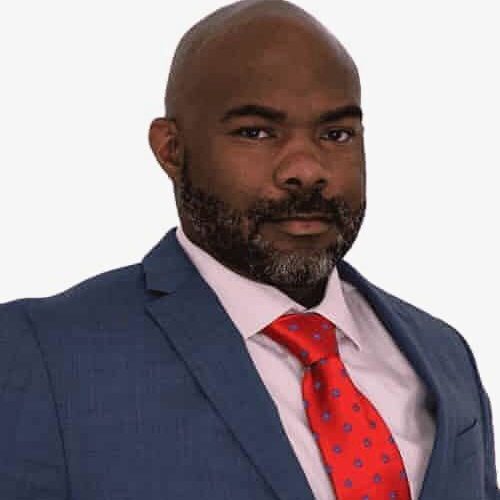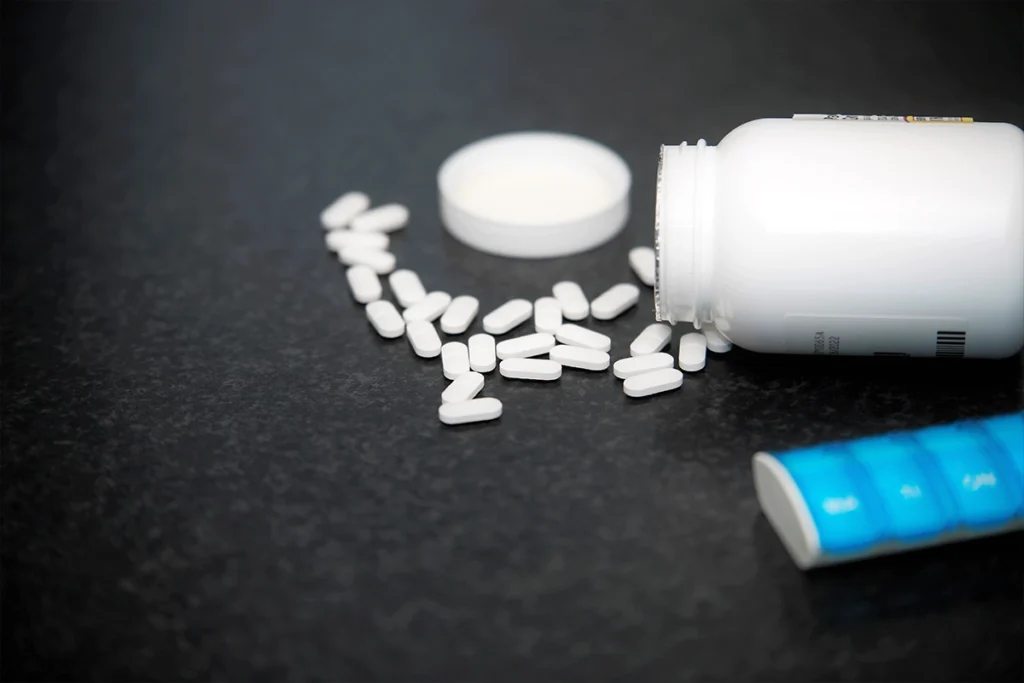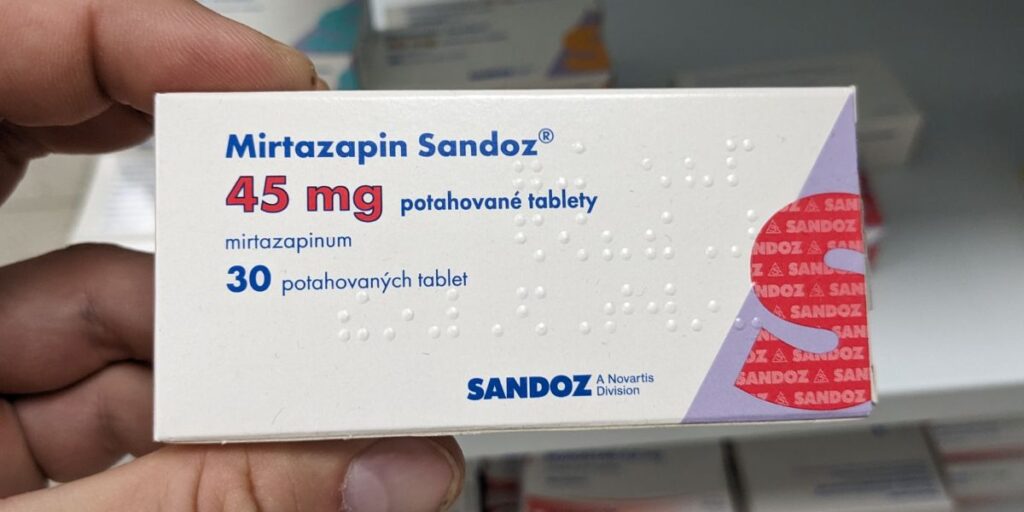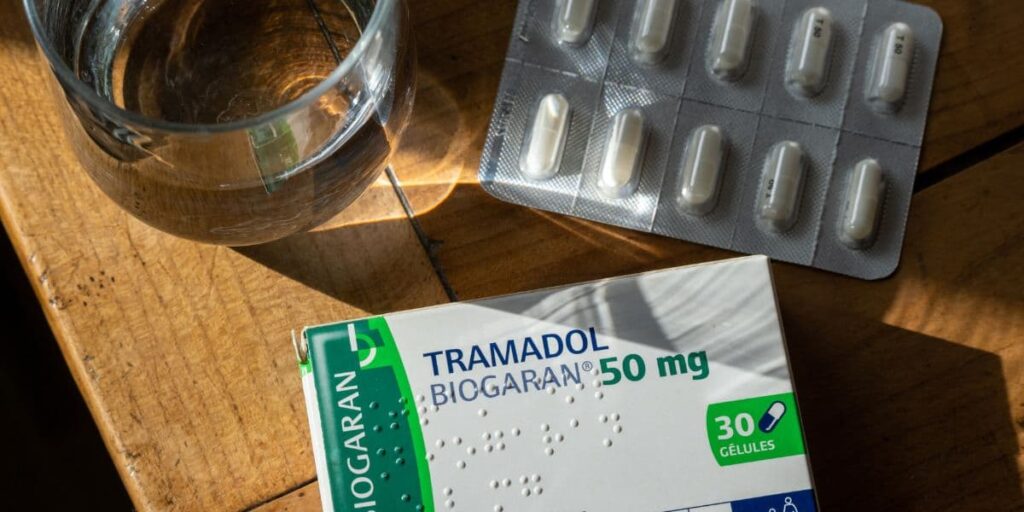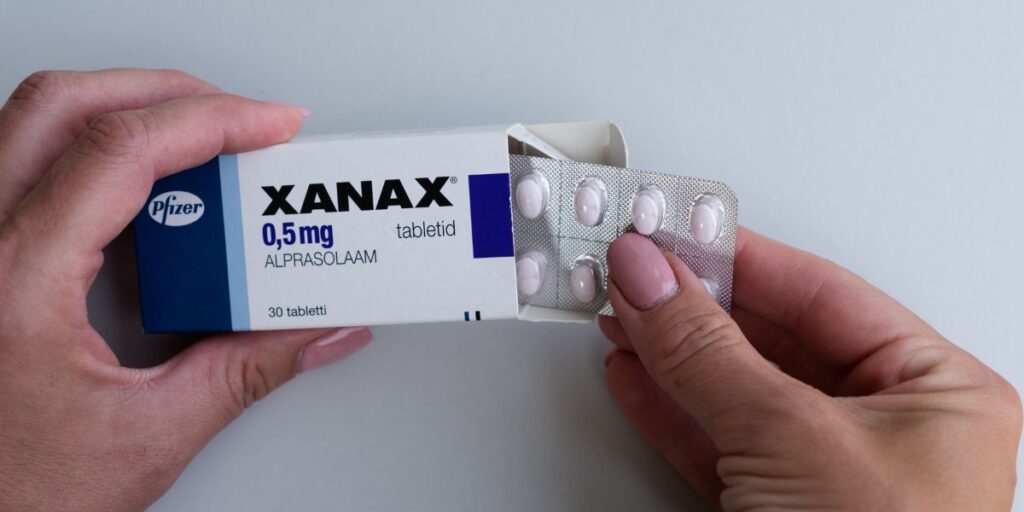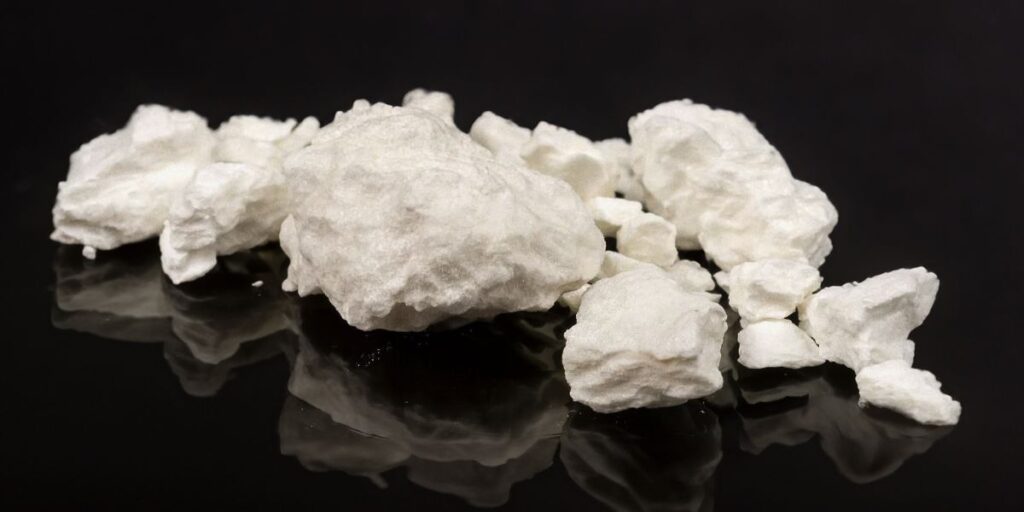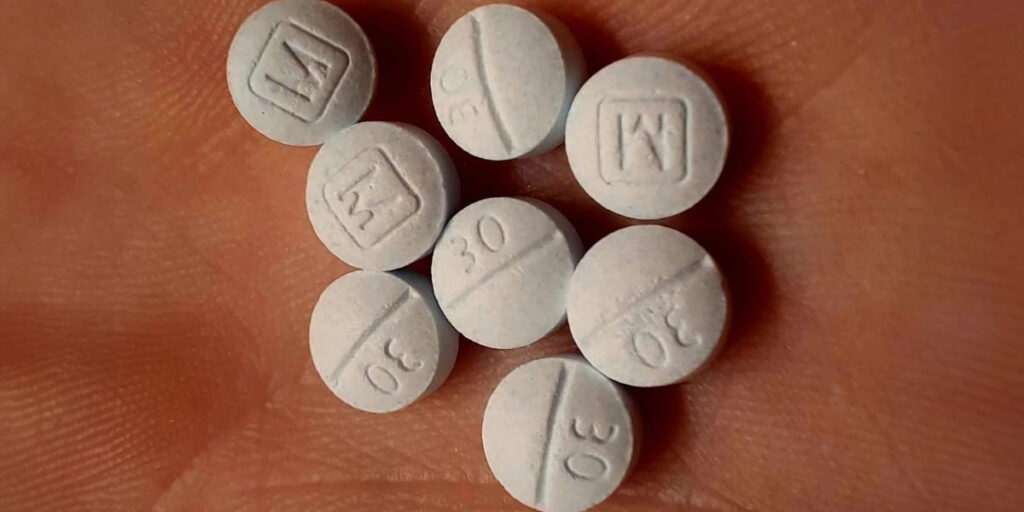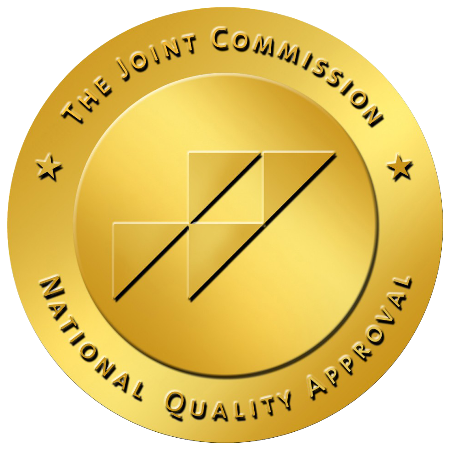People with substance use disorders often have mental health issues. It’s important to address both simultaneously, which is known as dual diagnosis treatment.
In the past, addiction and mental health problems were seen as separate. Treatments focused on one issue, ignoring the other, which didn’t work well.
In recent years, experts have recognized the link between mental health and substance abuse. This shows the importance of treating both issues together to reduce the dangers of long-term drug use and mental health problems.
Substance abuse and mental health problems can make each other worse if not dealt with properly.
An integrated treatment strategy, including a dual diagnosis program, is critical for tackling both conditions simultaneously and enhancing the probability of a successful recovery.
What Is Dual Diagnosis?
Dual diagnosis signifies that a person concurrently battles a mental or personality disorder alongside a substance use disorder, requiring comprehensive treatment for both.
Frequently, addiction and mental health issues are interdependent. People may resort to drugs or alcohol as a form of self-medication for their mental health symptoms. However, the aftermath of substance use can intensify the mental health condition once the immediate effects dissipate.
Unaddressed co-occurring disorders can fuel a destructive cycle, swiftly leading to escalated substance or alcohol misuse.
Treating both conditions together in one place can reduce the chances of relapse and improve life quality after treatment.

What Are Co-occurring Disorders?
When someone has both a substance use problem and a mental illness at the same time, it’s called a co-occurring disorder. The act of recognizing that both disorders coexist is known as dual diagnosis.
At times, the mental health issue may precede the substance use disorder, or the situation might be reversed. Whichever the case, these intertwined co-occurring disorders necessitate a cohesive treatment strategy.
In 2019, a survey showed that 9.5 million American adults had both mental health problems and substance use issues at the same time.
The National Institute on Drug Abuse (NIDA) found that only 9.1% of people with both substance abuse and mental health issues received full treatment for both problems.
Assessment Tools for Co-Occurring Disorders
Identifying co-occurring disorders involves the use of recognized assessment tools for diagnosing mental health and personality disorders.
The American Psychiatric Association (APA) published the Diagnostic and Statistical Manual of Mental Disorders, a crucial resource for healthcare practitioners in identifying mental and substance abuse disorders. Guided by the National Institutes of Health, specialists work together to develop standardized definitions and criteria, guaranteeing uniform and dependable diagnoses and treatments. This manual undergoes periodic updates to incorporate the most recent scientific discoveries
The DSM-5 does not have a model for dual diagnosis, but many people want it to be included. It recognizes mental health issues caused by alcohol, which can occur during heavy drinking or withdrawal periods.
Using the DSM-5 can help diagnose co-occurring disorders and lead people to the right rehab, healthcare, and treatment.
Dual Diagnosis Assessment
Professionals should regularly check for addiction and mental health issues. Addiction symptoms are often more noticeable and can mask signs of mental illness. This can result in immediate health dangers.
People should be clear-headed during screenings for co-occurring disorders. This helps to accurately tell the difference between symptoms of substance use disorders and mental health disorders.
Key questions that could uncover indicators of a dual diagnosis or co-occurring disorder include:
- Do you notice an increase in your drug or alcohol consumption when anxiety or depression intensifies?
- Is controlling your emotions difficult for you without the help of drugs or alcohol?
- Do you have any knowledge of mental health issues in your family history?
- Have you turned to drugs or alcohol to cope with distressing situations or memories?
- In case you have undergone addiction treatment before, do you believe mental health issues contributed to a relapse?
- Are you steering clear of activities or hobbies you once enjoyed?
- Have you noticed yourself acting on impulse or behaving in ways that are not typical for you?

Dual Diagnosis Treatment at Northridge Addiction Treatment Center
Northridge Addiction Treatment Center knows that mental health and substance use disorders are linked. They understand how these issues affect people together.
Our skilled team of professionals employs evidence-based strategies to create a custom-tailored plan addressing the roots of your addiction.
Northridge Addiction Treatment Center provides a comprehensive dual-diagnosis treatment program with intensive, integrated care. Our multidisciplinary approach includes medication-assisted treatment, cognitive behavioral therapy (CBT), and support groups such as 12-step programs.
After you leave our center, you will have the tools necessary to continue your recovery journey. You will also be able to improve your mental and physical health and break old habits.
Recognizing the anxiety often accompanying the search for treatment, we provide discreet insurance verification to lessen your worries. We aim to aid you in embarking on a path to lasting and meaningful recovery.
Contact NATC today and discover your addiction treatment options. The path to a life free from substance use is possible.

